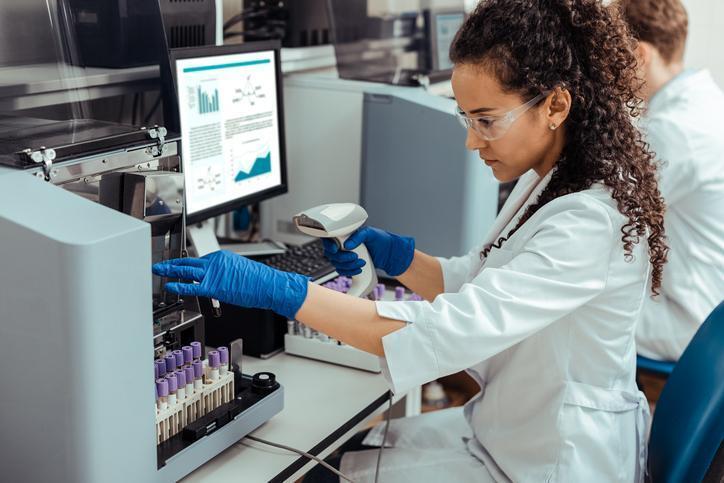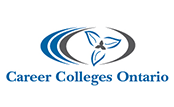
If you’re considering medical laboratory training, you may wonder about the work environments you could explore after completing your program. There are a variety of exciting positions to choose from in research, healthcare, and even forensics. Keep reading to learn about the many roles you can play in the workforce after completing our reputable medical laboratory course.
1. Contribute to Medical Advancements by Working in Clinical Research Laboratories
Though the medical field has come a long way, there are always discoveries to be made. With your understanding of sample collection and testing, your expertise would be extremely valuable in a clinical research laboratory. As innovators in the medical field work to develop new treatments and medications, clinical trials are an essential step in the process.

Help with clinical trials and research after our medical laboratory assistant course
In this work environment, a medical laboratory assistant will work alongside experts in the field with extensive knowledge of biology and medicine, which could be appealing if you have a real interest in scientific research, wish to expand your knowledge of medical advancements, and be a part of medical solutions. You would be primarily responsible for preparing biological samples for study and maintaining records.
2. Help Inform People About Their Health at a Diagnostic Laboratory
After completing a medical laboratory assistant course, you’ll be poised to help patients gain valuable insights into their health by working in a diagnostic laboratory. In this work setting, blood, urine, triglycerides, and cholesterols are tested to provide a clear picture of a patient's health. The results are used for disease prevention and diagnosis and to evaluate the effectiveness of treatments. In this role, you will be responsible for collecting patient samples, ensuring that they are properly labeled, and preparing them for analysis.
3. Work in Blood Banks and Hospitals After Completing a Medical Laboratory Assistant Course
Blood banks are life-saving resources that make it possible for patients in need to receive donations. A good medical laboratory technician course will provide you with an understanding of phlebotomy, the process of using a needle to draw blood from a vein. This will allow you to assist in taking and testing donor blood for blood transfusions. In this role, you will be responsible for cleaning and setting up medical lab equipment, as it is imperative to avoid sample contamination. Blood banks only represent one work environment where phlebotomy skills are in high demand. This essential competency is also needed in hospitals where many ACA graduates are hired. Medical laboratory assistants and phlebotomists who work in hospitals are often called the face of the lab and contribute significantly to treating patients.

A medical laboratory assistant course equips you with the skills to work in a blood bank
4. Use Your Skills to Work in a Forensic Laboratory
Suppose you’re interested in law enforcement and forensics. In that case, you may be glad to know that there will be a need for your expertise in those fields after your medical laboratory assistant training. Some applications of your specialized skills include drug testing and processing DNA evidence. ACA’s medical technician program will leave you prepared to thrive in various laboratory environments with skills like sample collection, sample logging, setting up laboratory equipment, conducting lab tests, cleaning and maintaining lab equipment, and more.
Ready to get the medical lab skills you need from our career college?
Contact Algonquin Careers Academy to learn more!


